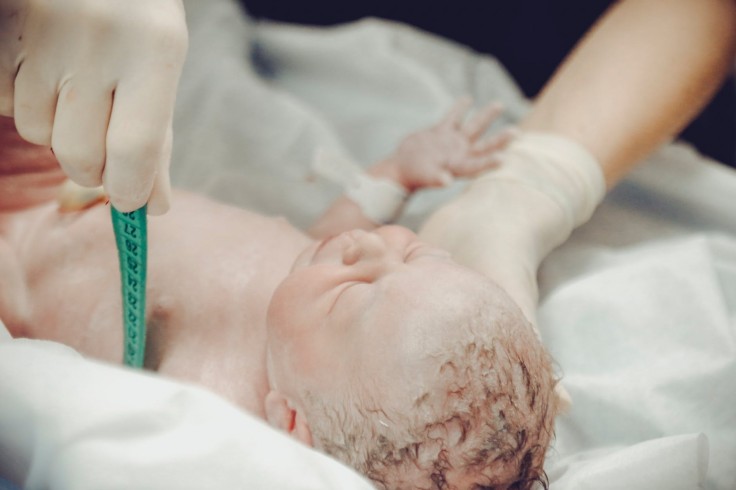
Families share a lot of things, from celebrating life's milestones to having common interests. However, families can also share a higher risk for certain medical conditions. It is important to know your family health history, as some medical conditions and birth defects that run in the family may affect your baby and your pregnancy.
Birth defects are structural changes that are present at birth and that can affect almost any part of the body. They may affect how your body looks, works, or sometimes both. Birth defects can also cause problems in your overall health, how the body develops and how the body works.
The most common type of birth defect is the congenital heart defect, also known as CHD. Congenital heart defects are heart conditions that a baby is born with and they can be passed down through the family. They can affect the shape of the baby's heart and how it works, and sometimes both. CHDs can be mild, but can also be serious. The most serious type of CHDs are called critical CHDs, so if you, your partner or someone in your family has a heart defect, your baby may be at risk of having CHD too.
Around 1 in 100 babies is born with a congenital heart defect. The risk of your child having a CHD is three times higher if you, your partner or a family member have CHD.
What to do if someone in your family has a congenital heart defect?
If you, your partner, or anyone in your family has a heart defect, there are some things that you can do. You can see a genetic counselor before you get pregnant. A genetic counselor is someone who is trained to help you understand birth defects, genes and other medical conditions that run in families and how they can affect your health and your child's health. Your health care provider can also help you find a genetic counselor or you can contact the National Society of Genetic Counselors.
You can talk to your health care provider about the health history of your family. Your health care provider may check your baby for heart defects during pregnancy using a test called a fetal echocardiogram or fetal echo. This test uses ultrasound to make a picture of the heart of your baby while still in the womb. The ultrasound uses sound waves and a computer screen to show a picture of your baby inside the womb.
What does a fetal echocardiogram check for?
The fetal echo looks for any major problems with the pumping of the heart and its parts like the valves, the walls, and the blood vessels. You can have this test around 18 to 24 weeks of pregnancy. But keep in mind that not all fetal echos can find all heart defects. Sometimes, CHDs are found after birth or even during the first few months of a baby's life. Other mild heart defects may not be found until your child is older.
Are babies checked for CHDs at birth?
Babies are tested for critical CHDs as part of newborn screening before your baby leaves the hospital. Newborn screenings check for any serious or rare conditions and mostly treatable health conditions at birth.
The newborn screening includes a test called pulse oximetry, also known as pulse ox. This test checks the amount of oxygen in the blood of the baby. Low levels of oxygen can mean that the baby has a heart defect. Pulse ox uses a pulse oximeter machine with sensors that are placed on the skin of the baby, it is painless and only takes a few minutes. The pulse ox can find most, but not all critical CHDs. Your child's provider may find a heart defect by performing a physical exam.
If the tests find that your child has a critical CHD, your child can get early care and treatment in order to prevent any more serious health problems. Your child's provider can refer you to a pediatric cardiologist for treatment. A pediatric cardiologist is someone who treats babies and children with heart conditions.
ALSO READ: 5 Warning Signs of Clogged Arteries That May Lead To Complicated Heart Problems